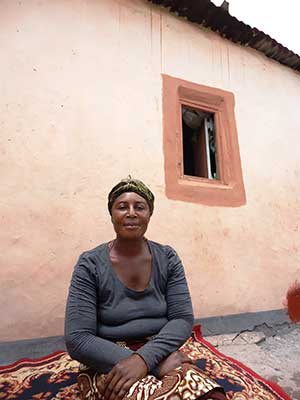
Healing is a proud tradition in Jennifer’s family. When Jennifer’s Grandfather died he appeared to her in a dream. He asked her to follow in his footsteps and to begin a life of healing others. Jennifer learned her trade through visions and dreams that lead her to create remedies using leaves, roots and tree barks.
Jennifer explains that she often “treated people with symptoms of persistent cough and weight loss with an herbal remedy made from the root of the ‘Mussessa’ tree. I did not realise that they could have TB.”
In 2012, Jennifer was approached by a community worker from TB Alert’s COTHAZ project, who enrolled her on a five day TB training programme at a training centre in Kitwe. Today, Jennifer recognises the symptoms of TB and understands that the person with such symptoms needs to go to the nearest clinic for diagnosis and treatment. She refers all her clients with similar symptoms to the clinic and doesn’t try to treat them herself.
“There are fewer people dying of TB in our community now and I feel happy about it,” says a smiling Jennifer.

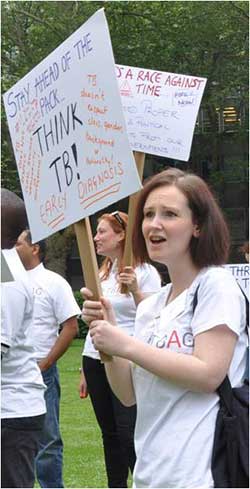
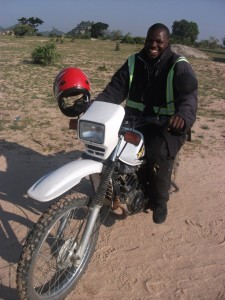 As Murambinda’s TB Clerk, Emmanuel understands the devastating consequences of failing to complete treatment. When he noticed that Jonah, a patient under Murambindia’s care, had not been to his local clinic to collect his medication, Emmanuel decided to pay him a visit. It took a while for him to track down Jonah, who was a roving cattle herder.
As Murambinda’s TB Clerk, Emmanuel understands the devastating consequences of failing to complete treatment. When he noticed that Jonah, a patient under Murambindia’s care, had not been to his local clinic to collect his medication, Emmanuel decided to pay him a visit. It took a while for him to track down Jonah, who was a roving cattle herder.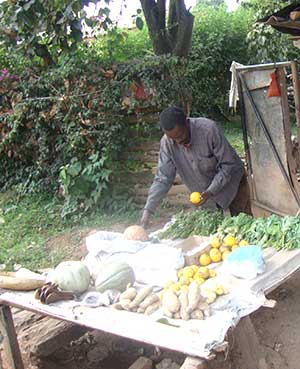
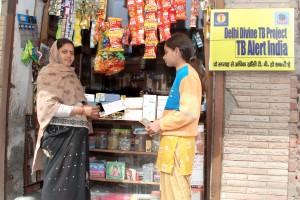 Staff from the Delhi DIVINE Project met Urmila, who owns a small shop in the Nathupura District of Delhi, while carrying out a survey to assess the local TB situation. Urmila helped them to get information about the area and introduced them to local members of the local community. This inspired Urmila to become a project volunteer and TB Alert India supported her to enrol for training under the national TB programme.
Staff from the Delhi DIVINE Project met Urmila, who owns a small shop in the Nathupura District of Delhi, while carrying out a survey to assess the local TB situation. Urmila helped them to get information about the area and introduced them to local members of the local community. This inspired Urmila to become a project volunteer and TB Alert India supported her to enrol for training under the national TB programme.